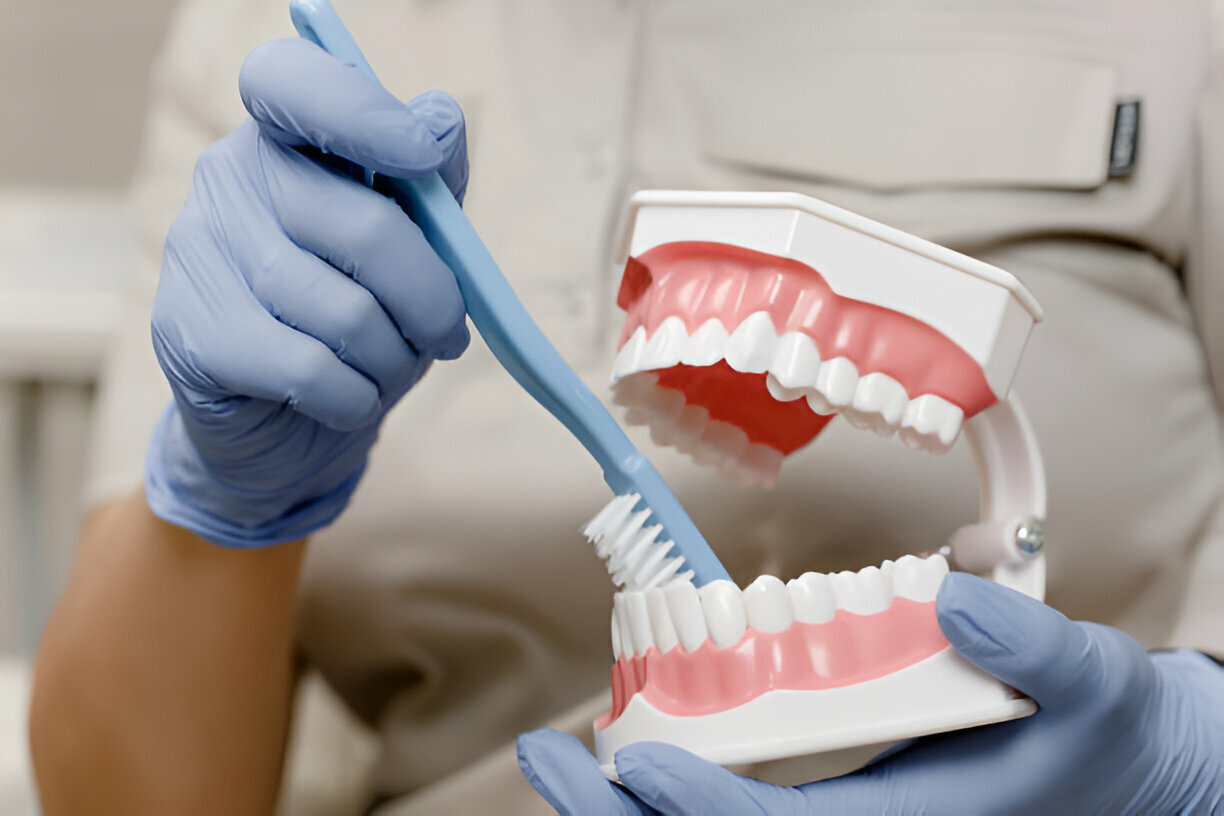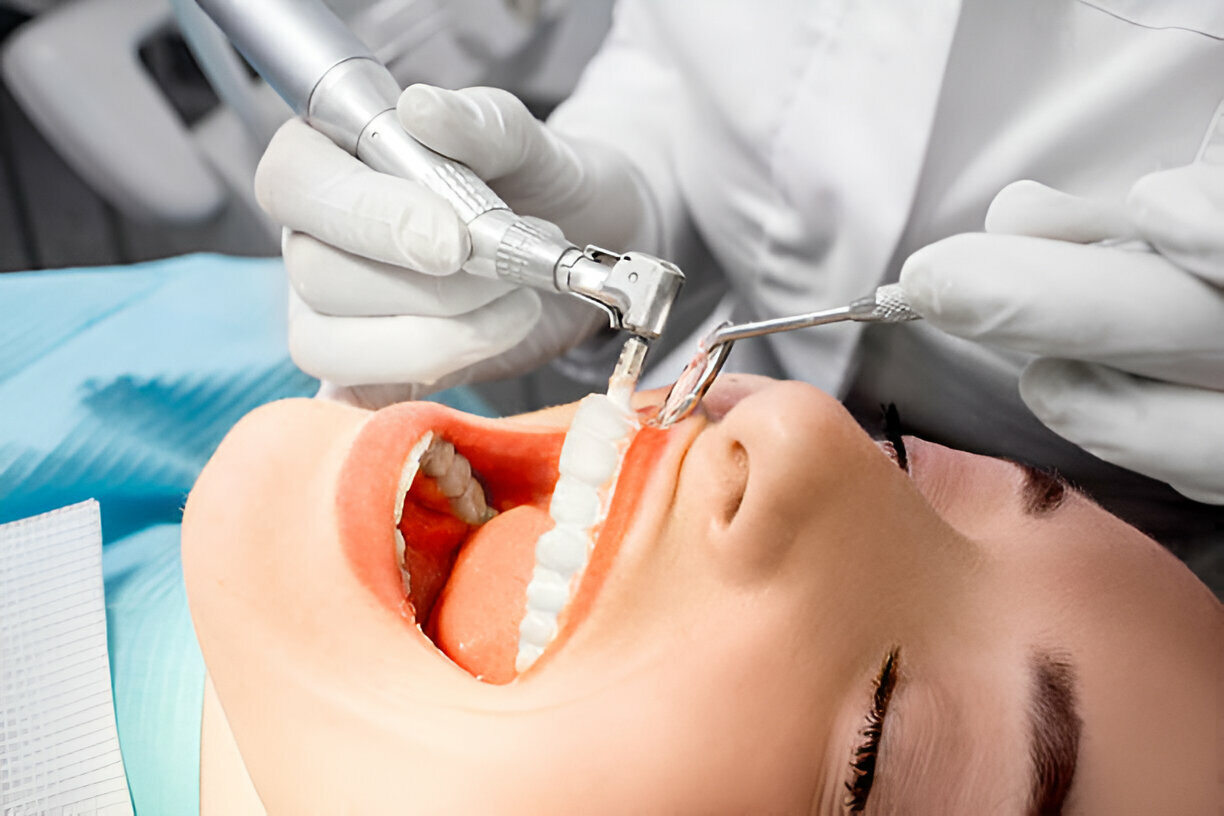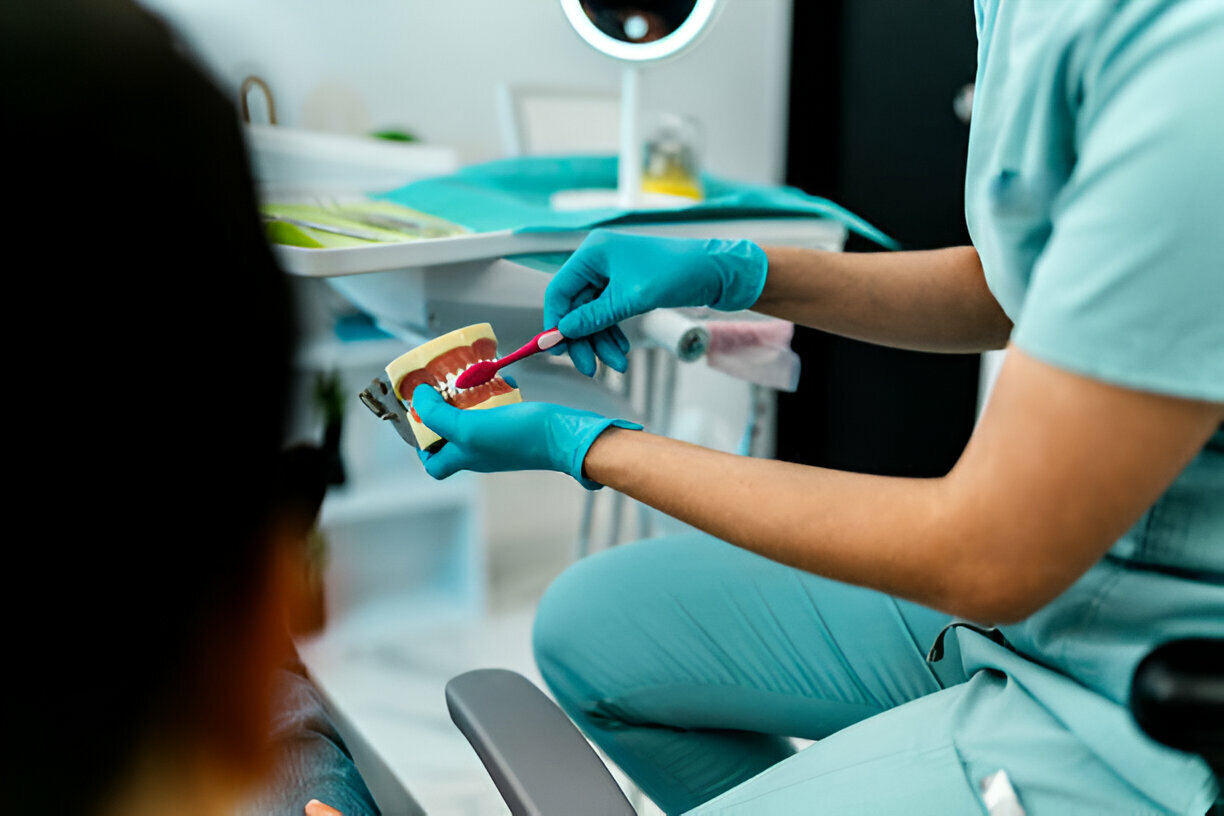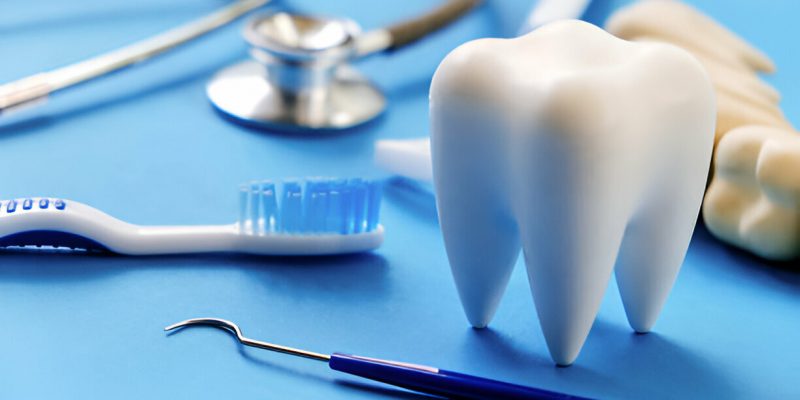Summary
Did you have your teeth cleaned this year?
Professional dental cleanings aren’t just to improve your smile but also significantly impact your overall health.
Many tend to neglect the importance of professional cleaning, assuming that regular flossing and brushing are enough. Not undergoing professional cleaning results in gum issues for nearly 47% of Americans.

Interestingly, however, that’s not all! Several other aspects make professional cleaning essential for your oral health. Let’s learn more about it via topics like:
- What Is Tooth Cleaning About?
- Types of Dental Cleaning
- What To Expect During Professional Teeth Cleaning?
- Why Is Regular Teeth Cleaning Essential?
Continue reading as we learn more about the perks of professional cleanings in the following sections.
What Is Tooth Cleaning About?
It’s a well-known fact that consuming unhealthy meals, such as junk food or sugary sweets, can eventually lead to dental issues and tooth decay. While this is true, did you know that maintaining excellent oral hygiene involves more than just eating a balanced diet?
Regular dental cleanings at your dentist in Farmington, NM, eliminate tartar accumulation, germs, and plaque, giving you a clean, shining smile!
Importance of Regular Teeth Cleaning
Everyone should get their teeth cleaned regularly to preserve good dental health. This therapy promotes and maintains good oral hygiene.
Teeth cleanings prevent specific oral health disorders and preserve general physical wellness. Good dental hygiene is a necessary element of human wellness.
Types of Dental Cleaning – What Is It About?
Teeth cleaning, or dental prophylaxis, is a preventative dental procedure that removes plaque and tartar from the surfaces of the teeth and gums. A dental hygienist usually performs it, which is essential to maintaining proper oral hygiene.
There are two forms of tooth cleaning: routine and thorough cleaning.
-
Regular Cleaning
Regular cleaning, often known as prophylaxis or preventative cleaning, is a maintenance procedure that most individuals should perform at least twice a year.
This method of dental cleaning consists of eliminating tartar and plaque from the surfaces of the teeth and gums, as well as polishing the teeth to eliminate surface stains.
-
Deep Cleaning
Deep cleaning, also known as root planing or scaling, is a more thorough cleaning indicated for people with gum disease or at high risk of developing gum disease, also known as Perio Disease.
This cleaning includes removing plaque and tartar from beneath the gum line and smoothing the roots of the teeth to help avoid the buildup of germs and bleeding gums, which causes poor breath, swollen sore gums, and tooth loss.
Regular deep cleanings and fluoride treatments are essential for maintaining adequate oral hygiene and avoiding tooth decay, loss, and gum disease. They can also help enhance the look of teeth and freshen breath.
It is crucial to note that while frequent dental cleanings can help eliminate plaque and tartar, they do not replace regular and appropriate brushing and flossing. These day-to-day oral hygiene activities are critical for preserving good oral health in between thorough dental cleaning procedures.
What To Expect During Professional Teeth Cleaning
Stage 1 – Examination
Your dentist follows the professional teeth cleaning procedure by thoroughly examining your jaw and lymph nodes to ensure they appear normal and healthy.
It is generally performed to ensure that your jaw is in good shape and that no outward anomalies require further investigation. Your dentist could also take a mouth X-ray at this time.
Stage 2 – Quick Rinse
Next, the dentist will ask you to rinse your mouth briefly before beginning an inspection of the interior of your mouth.
During this visit, your dentist will examine your mouth for damaged fillings, cavities, fractured teeth, gum disease, and early signs of oral cancer. They’ll use a unique mirror to examine every nook and cranny.

Stage 3 – Effective Cleaning
Finally, the cleanup begins. Your dentist will use various specific equipment to remove plaque and tartar accumulation from the surface and between your teeth.
Professional flossing may also be done at this point, and your teeth will probably be polished to stop additional buildup. You can spit extra saliva from your mouth after and sometimes during the cleaning.
Stage 4 – Review Post Cleaning
When the cleaning is over, your dentist will discuss any changes you may make to your dental hygiene regimen and whether they discovered any cavities or other concerns that need to be addressed in a subsequent session.
Once the process is complete, you may plan your next visit and get ready to show the world your clean, bright smile!
Why Is Regular Teeth Cleaning Essential?
- Prevents gum disease – Regular tooth cleaning can help avoid this oral condition. Gum disease can cause foul breath, sore gums, bleeding, and receding gums if left untreated for too long.
- Minimizes bad breath – If you have foul breath, scheduling a regular dental cleaning may help resolve the issue. Regular tooth cleanings help avoid bad breath and give your mouth a fresher flavor.
- Early oral cancer detection – At each tooth cleaning, your dentist will examine your mouth for any symptoms of oral cancer (among other things). Early identification is critical to successfully treating oral cancer; therefore, keeping up with your dental cleanings can make all the difference in prevention.

- Lower risk of diabetes and cardiovascular disease – Good dental hygiene has been linked to a better cardiovascular system and a decreased risk of diabetes and other related diseases. Although it may seem strange, your tongue holds the secret to overall good health!
- Reduces the risk of cavities – Bacteria create cavities, and bacterial accumulation is more common when teeth have a lot of plaque and tartar. When you have your routine teeth cleaning, plaque, tartar, and harmful bacteria are eliminated, reducing your chances of developing cavities in the future!
- Allows you to check for a bad bite or TMJ – Professional oral cleaning sessions are an excellent time for a thorough check to ensure that everything appears healthy and functional. On the other hand, if you have any oral issues, your dentist can identify them immediately and take the necessary measures.
Takeaway
- Regular dental cleanings at your dentist in Farmington, NM, are just as vital as washing when it comes to oral hygiene.
- Deep cleanings and fluoride treatments are essential for maintaining adequate oral hygiene and avoiding tooth decay, tooth loss, and gum disease.
- When the cleaning is over, your dentist will discuss any changes you may make to your dental hygiene regimen.
- Don’t hide your smile; let’s make a difference with our experts at Four Corners today!

